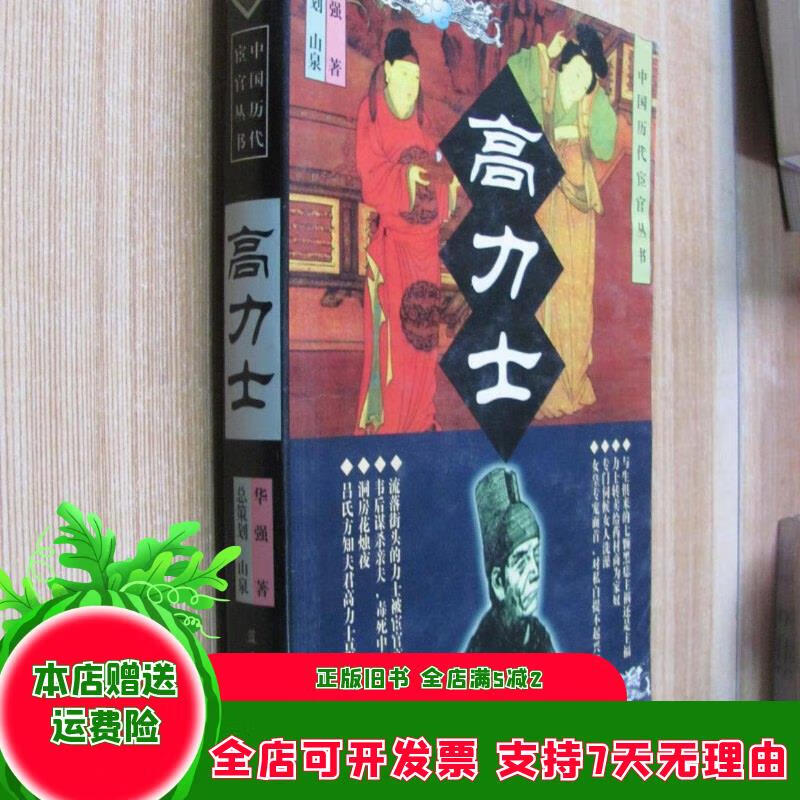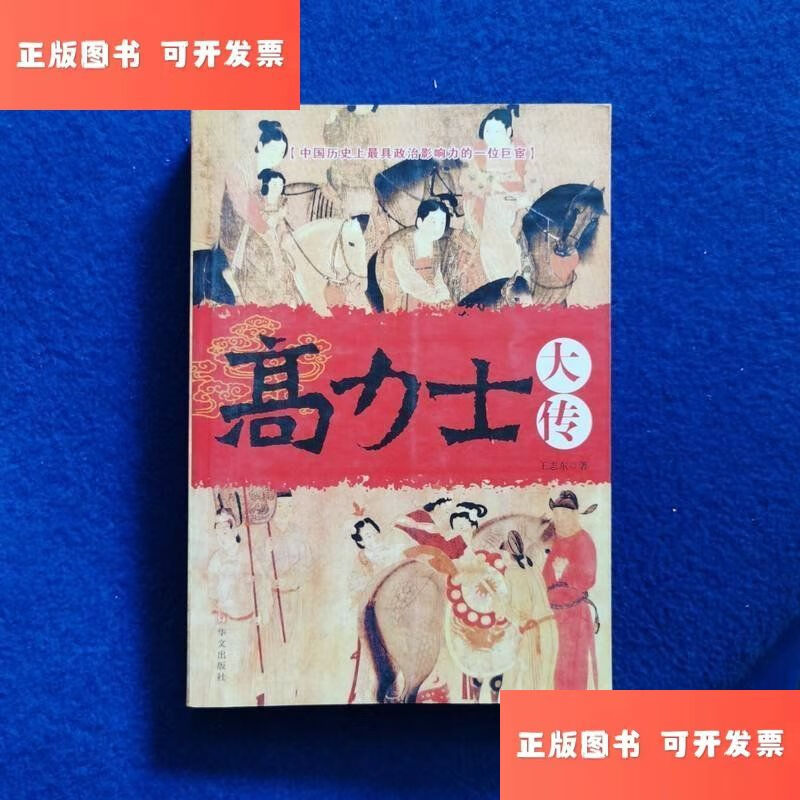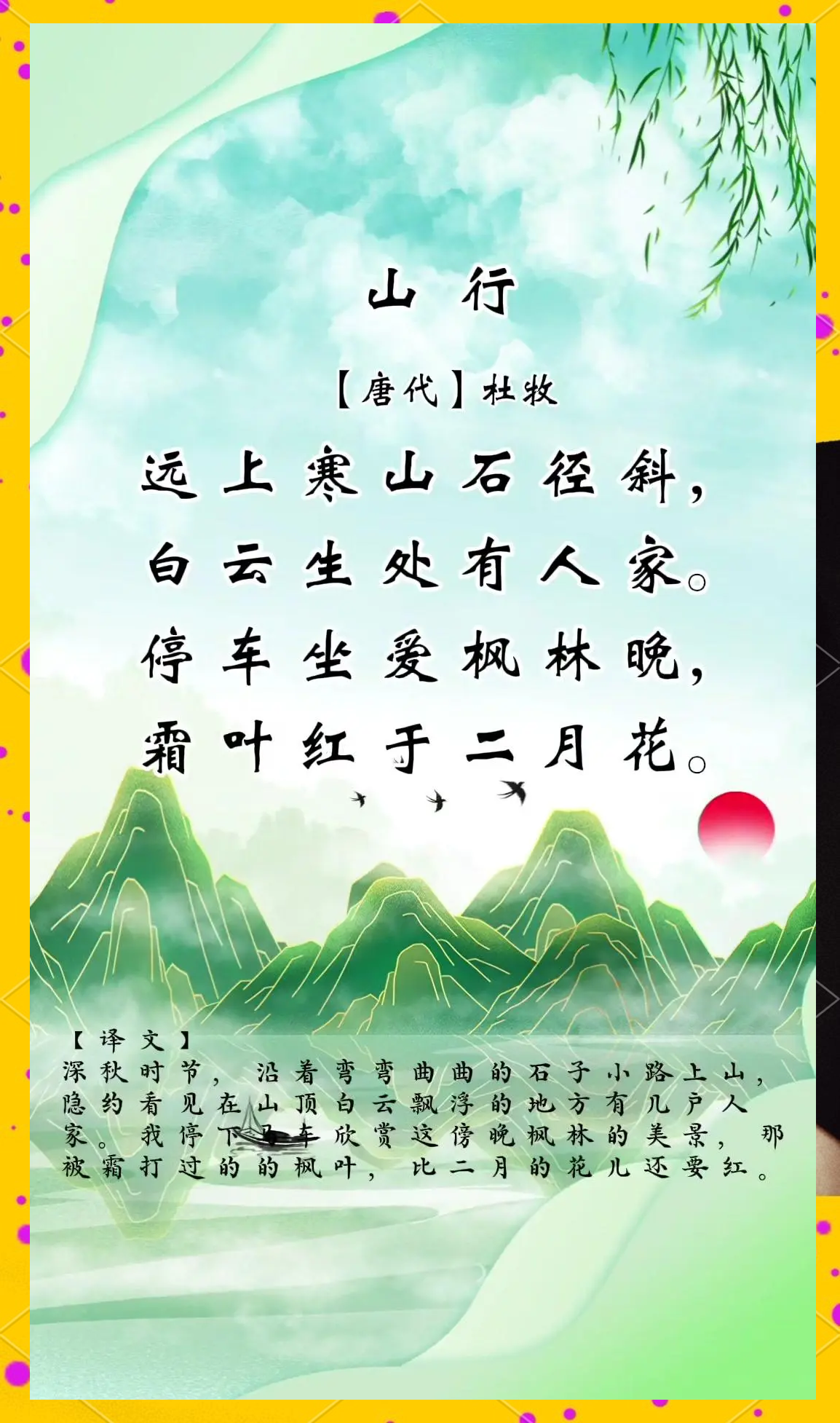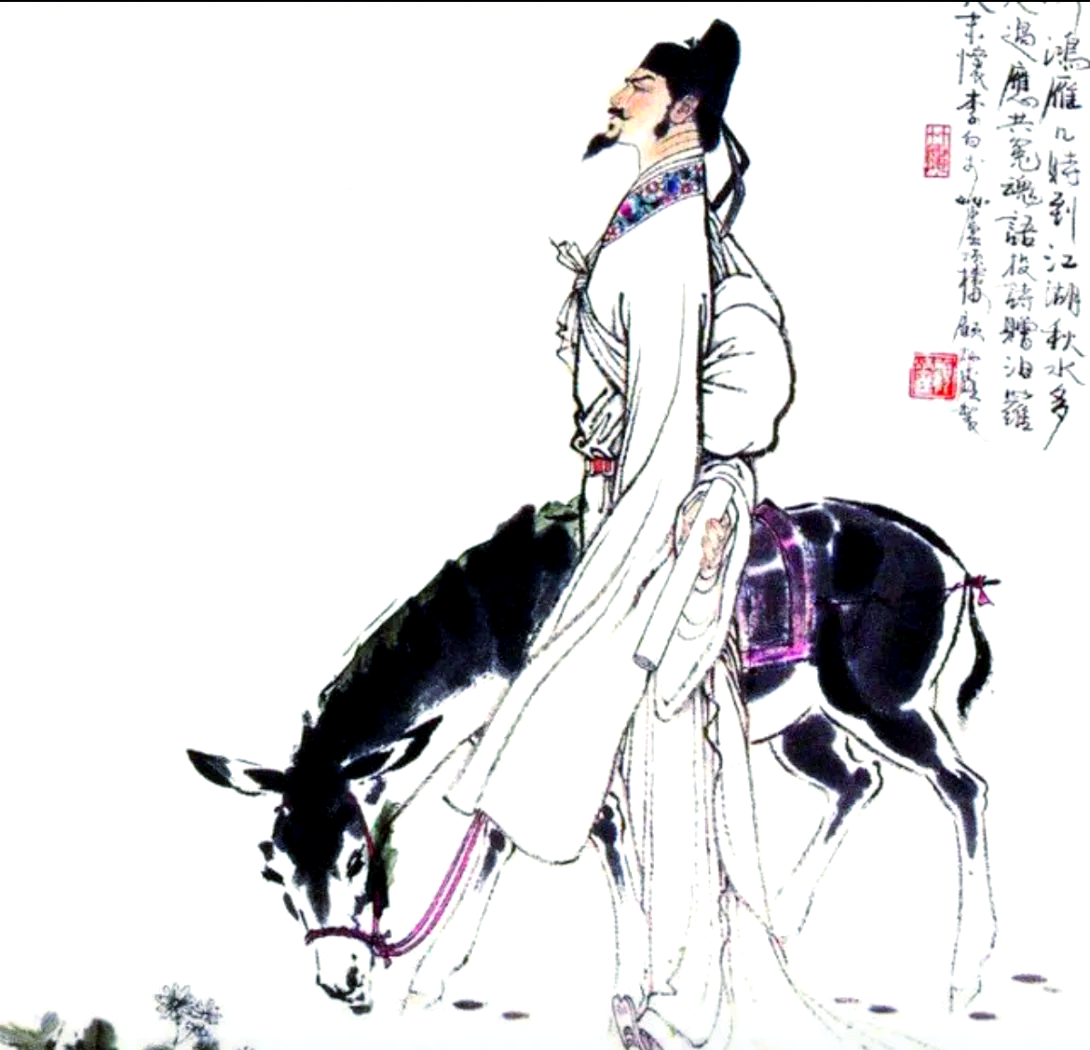Meng Jiao, also known as Dongye, was from Wukang, Huzhou. He was a famous poet of the Tang Dynasty, and because he did not pass the imperial examination twice, he only became a successful candidate at the age of 46, so his poems often have a feeling of missing out on his talents. Due to his inability to use his “fists and feet” to carve out a new world, he simply let go of his freedom and recited poetry in the mountains and forests. He once served as a county magistrate in Liyang, but due to neglecting official duties, he neglected his duties and later went to work in Henan. Do you know that he is also known as the ‘Poet Prisoner’? Why is he called a ‘poetry prisoner’? Let me tell you.

1、 Reason
The editor believes that there are three reasons why Meng Jiao is known as the “prisoner of poetry”:
Meng Jiao is good at writing poetry. There are over 500 surviving poems and writings in Mengjiao, with nearly 200 famous lines.

2. The themes of Meng Jiao’s poetry. The themes of Meng Jiao’s poetry often revolve around the harsh realities of the world and the suffering of the common people, and he is often referred to as the “cold and thin suburban island” along with Jia Island.
3. Meng Jiao’s poetic style. Meng Jiao’s poetry is mostly short stories about the Five Classics, and he is skilled in using the technique of white lines to express his true feelings and emotions.
2、 Meng Jiao’s representative works
After explaining the reason why Meng Jiao is known as the “prisoner of poetry”, let me now talk about Meng Jiao’s representative works.
Wanderer’s Song
Meng Jiao, Tang Dynasty
A loving mother holds a thread in her hand, while a wanderer wears a top.
There are many gaps before departure, and I am afraid I will return late.
Who says a tiny blade of grass can repay the three spring rays.
Appreciation: This is a hymn of maternal love, and I believe everyone should have learned it since taking Tang poetry class. Although the entire poem consists of only six sentences and thirty words, it highlights and praises the greatness and selflessness of maternal love. At that time, the author was old enough to “know fate” and finally ended his long wandering life, taking care of his mother by his side. At this time, the poet had experienced the vicissitudes of life and felt the value of maternal love even more, so he wrote this deeply moving poem to praise his mother.
The author of the entire poem adopts the technique of line drawing, expressing the poet’s gratitude for maternal love and deep love and respect for the mother through a seemingly ordinary scene of sewing clothes before leaving. Although the language is unadorned and simple, it is full of rich and sincere emotions, reflecting the ordinary yet great motherly love that people have felt for thousands of years, and is widely recited by the world.
This is why Meng Jiao is known as the “prisoner of poetry” by the world. Although most of his poems throughout his life were based on the themes of the harsh realities of the world and the suffering of the people, his emotions were all integrated into his poetry.


